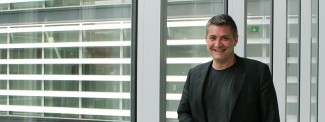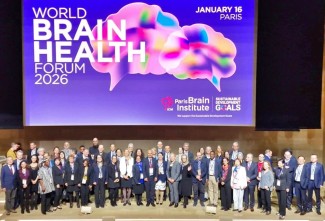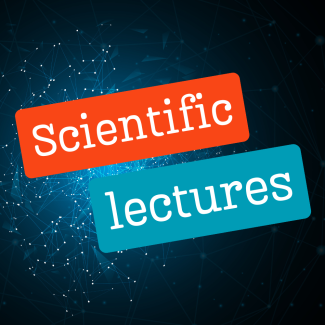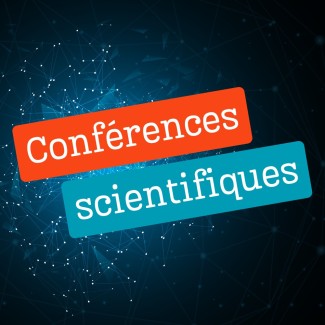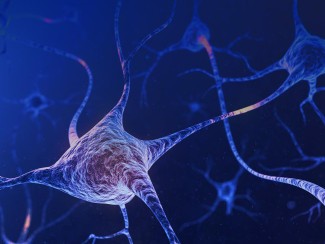Prof Emmanuel Flamand Roze initiated a program entitled “The Move”, that uses miming to teach neurological semiology to medical school students. This novel teaching method, supported by the Institut du Cerveau - ICM and the IHU for its international development, was presented to Dublin University students on Thursday December 8. Here’s more.
Prof Emmanuel Flamand Roze is a Principal Investigator within Stéphane Lehéricy and Marie Vidailhet’s team.
What is “The Move”?
The Move is an innovative simulation teaching program that uses miming to teach medical students neurological semiology, which is the expression of neurological diseases. We have them mime the symptoms of every neurological illness - an unprecedented way of doing things!
In the 19th century, Charcot invited patients to his classes at the Pitié-Salpêtrière Hospital to show students real, live signs and expressions of illnesses: it wasn’t miming, however it made neurology, as a subject, tangible. What’s new in our case is that we took the same framework as “The Voice”, with miming, to make classes fun as well as practical and tangible.
Why is miming useful in learning neurology?
Students know a lot about theory, but the practical aspect can get a little tricky. Identifying and classifying diseases, specifically, is pretty difficult when they are in front of a patient.
Our method has many advantages; here are a few reasons.
The first is societal. We know that neurophobia exists, and read a lot about it in medical and scientific journals: it is the fear we have of neurology and being face to face with patients with neurological pathologies. This fear is shared by students around the world. It’s the subject they fear the most, and the hardest part of the clinical exam for them is neurology.
We need to look at neurophobia in relation to the fact that there will never be enough neurologists in the upcoming decades to care for every patient. The consequence of this is that many neurological patients will be under the care of general practitioners or geriatric specialists. If students and young doctors have neurophobia, it will be catastrophic for all these patients who won’t have access to a neurologist. “The Move” hopes to introduce the start of a solution to this problem.
There are also educational reasons: dedicated research shows that vertical teaching, with lectures, isn’t what works best anymore. In fact, students are the ones asking for something else. You need to give them the theory, and know how to convert it into practical skills. In this context, simulations can be a good way of teaching. It’s also an opportunity to teach students how to act with patients, teach them bedside manner. We can put them in a position where they see things from the patient’s point of view, which is rare over the course of their studies. Another advantage is that we can teach all of this without embarrassing patients, and we can take the time we need.
The third reason is neurological. What can we do to ensure the brain memorizes better on the long term? Just like in our program, we need to use our five senses and our whole body to encode information, so that we increase attention and motivation with a stimulating and interactive way of learning.
What are your goals for this program?
We launched the program three years ago.
The idea works and we want to deploy it internationally, and make it a strategic tool to enhance the Institut du Cerveau - ICM and IHU’s attractiveness by encouraging interaction between European students. The idea behind this is that we will encourage interaction in teaching with future benefits in care and research collaboration.
We also believe that it’s a way of building stronger European ties, for European students to spend some time together. That was the idea behind the event in Dublin on December 8.
“The Move” is a program that brings people together, and can on a European level, too.

